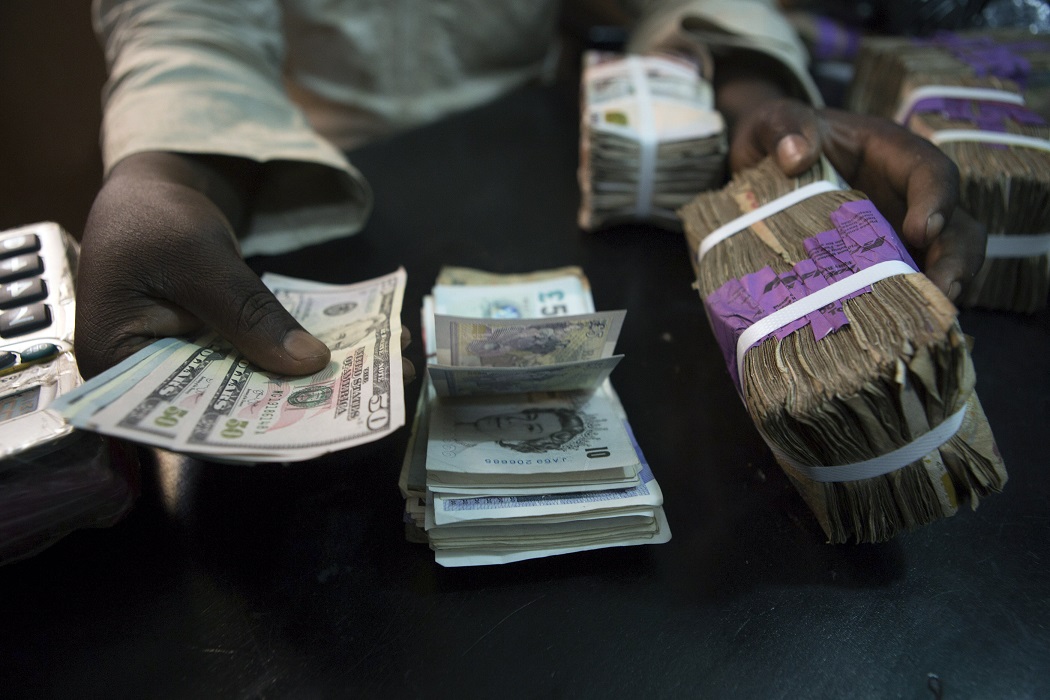The World Bank in a note published on its website revealed that the exchange rate management style of the Central Bank of Nigeria (CBN) had caused the country a whopping $144.1 billion from 2017 to the first quarter of 2021.
According to institution, the CBN multiple exchange rates “acts as an implicit tax levied by the CBN on federation revenue”.
The CBN’s management of Nigeria’s foreign exchange policy has come under intense focus.
Despite many including the world bank and International Monetary Fund proposing a flexible exchange rate in the official window, the central bank governor has insisted that the current managed float system is the best.
READ ALSO: CBN highlights security features of redesigned naira notes
In simple terms, a managed floating exchange rate is a system where currencies fluctuate daily but the regulatory authorities, including the government and the Reserve bank of India, may step in to control and stabilize the value of the currency.
While a floating (or flexible) exchange rate regime is one in which a country’s exchange rate fluctuates in a wider range and the country’s monetary authority makes no attempt to fix it against any base currency.
The World Bank, IMF including Atiku Abubakar of the People’s Democratic Party and Peter Obi of the Labour Party, believe that Nigeria adopting a floating exchange rate regime would help improve the dollar supply in the market and remove multiple exchange rates.

 Football2 days ago
Football2 days ago
 Business1 week ago
Business1 week ago
 Business1 week ago
Business1 week ago
 Education1 week ago
Education1 week ago
 Crime1 week ago
Crime1 week ago
 Covid-191 week ago
Covid-191 week ago
 Latest6 days ago
Latest6 days ago
 Business1 week ago
Business1 week ago

